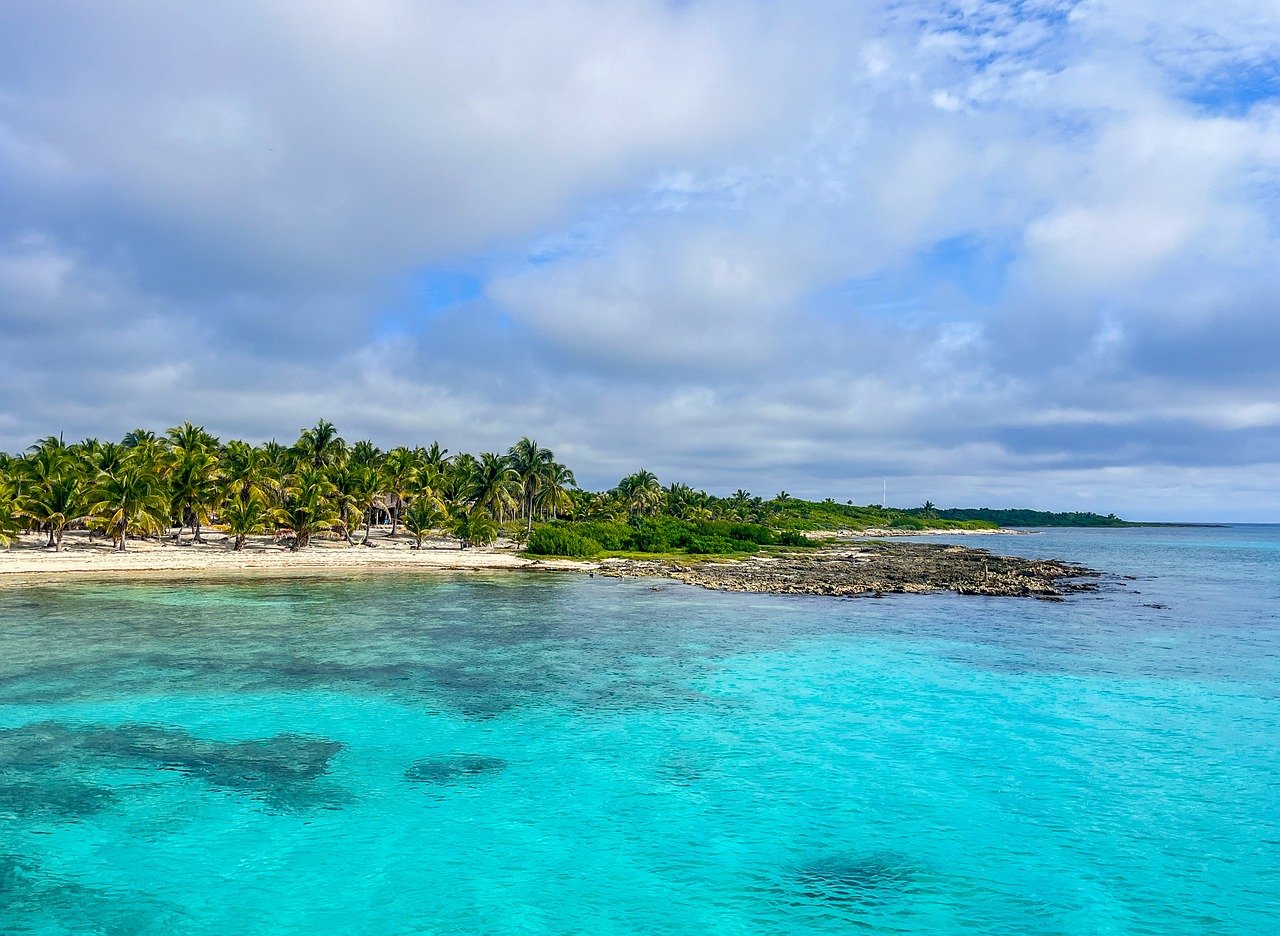The Impact of Climate Change on Travel: Adapting to Environmental Challenges
The Earth’s climate patterns are constantly evolving, influenced by various natural and human-induced factors. The increase in greenhouse gas emissions, deforestation, and industrial activities has led to a rise in global temperatures, causing shifts in weather patterns around the world. These changing climate patterns result in more frequent and intense natural disasters such as hurricanes, droughts, and wildfires.
Scientists have been studying these climate changes and predicting future scenarios to better understand the impact of these shifts on ecosystems, wildlife, and human populations. It is crucial for us to recognize the significance of these changing climate patterns and take proactive measures to mitigate their effects. By fostering a deeper understanding of the causes and consequences of climate change, we can work towards finding sustainable solutions to minimize its destructive impact on our planet.
Effects on Travel Behavior and Destinations
With the increasing unpredictability of climate patterns, travelers are facing challenges when it comes to planning their trips. Extreme weather events, such as hurricanes and wildfires, are impacting travel behavior by causing disruptions and cancellations. This not only affects the travel plans of individuals but also has significant consequences for the tourism industry in vulnerable destinations.
Furthermore, the changing climate is leading to shifts in travelers’ preferences for destinations. Tourists are now opting for places that offer sustainable practices and eco-friendly activities. Destinations that prioritize environmental conservation and promote responsible tourism are becoming more popular among those seeking to minimize their carbon footprint while exploring the world. As a result, there is a growing trend towards supporting destinations that are committed to protecting the planet and its natural resources.
Strategies for Sustainable Travel
When it comes to traveling sustainably, there are several strategies that both individuals and the travel industry can adopt to minimize their environmental impact. One approach is to opt for eco-friendly accommodation options such as hotels with green certifications or eco-lodges that prioritize conservation efforts. By supporting these establishments, travelers can contribute to the preservation of natural resources and local ecosystems.
Another important strategy for sustainable travel is to reduce carbon emissions by choosing alternative modes of transportation, such as trains or buses, over flying whenever possible. Additionally, travelers can minimize their environmental footprint by packing light, using reusable water bottles and bags, and supporting local businesses that prioritize sustainability practices. By making conscious choices while traveling, individuals can play a significant role in promoting responsible tourism and preserving the beauty of destinations for future generations.
• Opt for eco-friendly accommodation options such as hotels with green certifications or eco-lodges
• Choose alternative modes of transportation like trains or buses to reduce carbon emissions
• Pack light, use reusable water bottles and bags to minimize environmental footprint
• Support local businesses that prioritize sustainability practices in the travel industry
What are some ways individuals can practice sustainable travel?
Some ways individuals can practice sustainable travel include using public transportation, staying in eco-friendly accommodations, minimizing waste, and supporting local businesses.
How can travelers reduce their carbon footprint while traveling?
Travelers can reduce their carbon footprint by choosing to fly less frequently, opting for direct flights, packing light, and offsetting their carbon emissions.
What role do accommodations play in sustainable travel?
Accommodations play a significant role in sustainable travel by implementing energy-saving practices, reducing water usage, and supporting local communities.
How can travelers support local communities during their trips?
Travelers can support local communities by shopping at local markets, eating at locally-owned restaurants, participating in community-based tourism activities, and respecting local customs and traditions.






